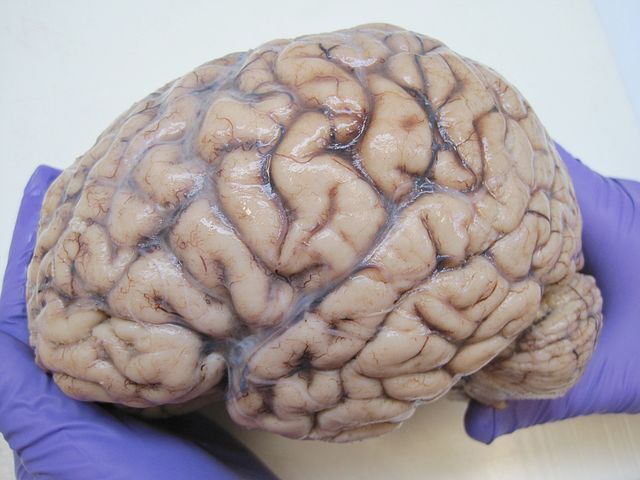Brain kept for 12000 years surprises scientists, all claims will be turned upside down
Written by Sneh Chaudhry on March 21, 2024
There is an old belief that after death the brain starts deteriorating rapidly. Even after the post-mortem report, such claims have been made many times. But the things that have come to light now will overturn all these notions.

Scientists have identified more than 4,400 human brains preserved in astonishing condition in the archaeological record. Some of these are 12,000 years old. This discovery challenges the popular belief regarding the rapid dissolution of the brain after post-mortem.
According to the report, a team of scientists led by Oxford University’s Alexandra Morton-Hayward conducted the research. These brains were discovered while scanning archaeological records. The preserved brains existed in environments ranging from Egyptian deserts to European peat bogs. It was believed that this was a very rare discovery.
The human brain is not a perishable organ
In a report recently published in Proceedings of the Royal Society B: Biological Sciences, such claims have been made on this which are shocking. Research completely refutes the fact that the human brain is one of the organs that can deteriorate. Scientists believe that the samples we saw show that we can take details about evolutionary history and past diseases from these brains. If these were being destroyed, perhaps this would not have been possible.

Researchers wrote the human brain kept here is about 12,000 years old. Even today it appears to us as an active organ. Their tissues are still quite soft and can give us the necessary information. These can help us better understand neurological disorders, cognition and behaviour, and nerve tissue growth.







